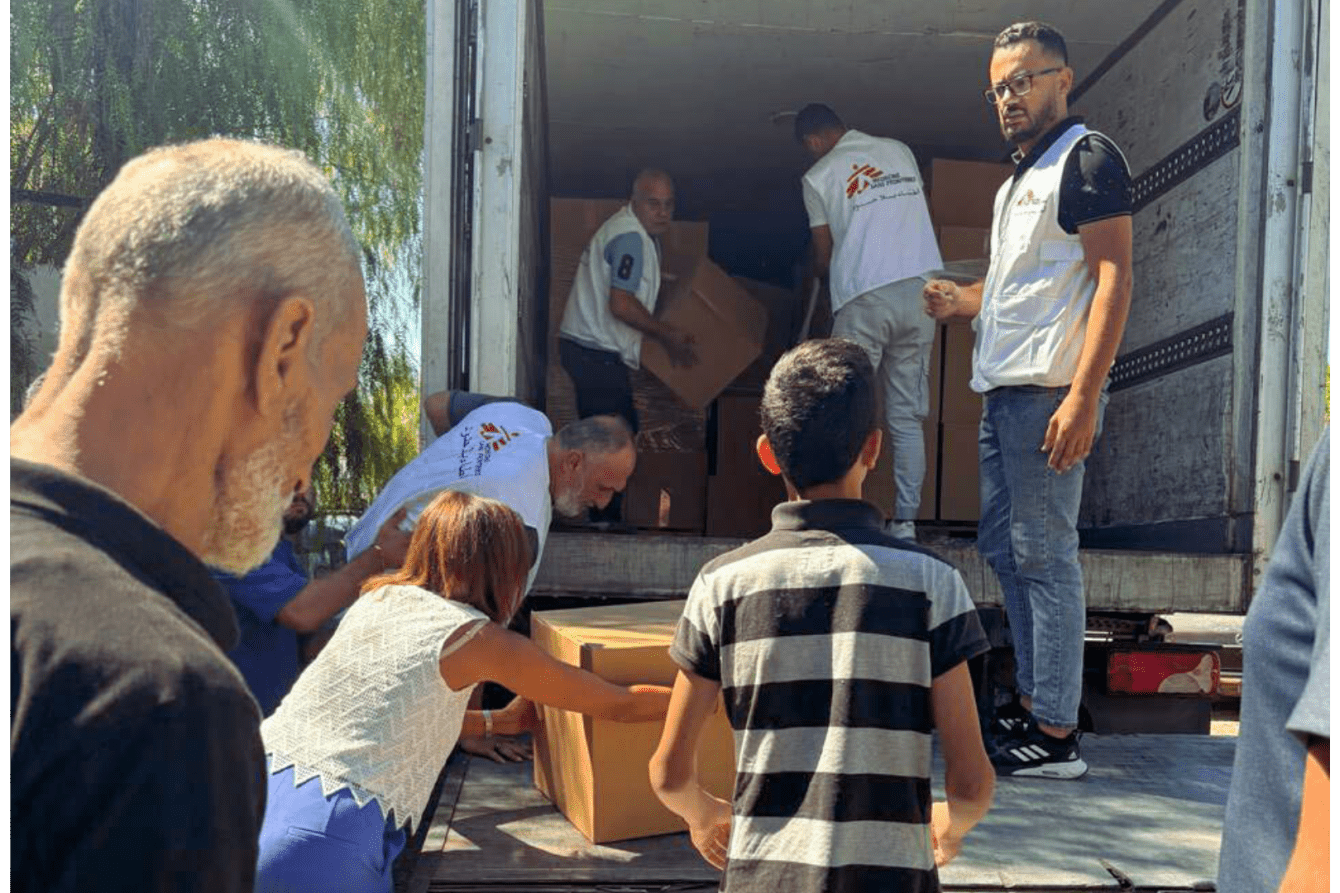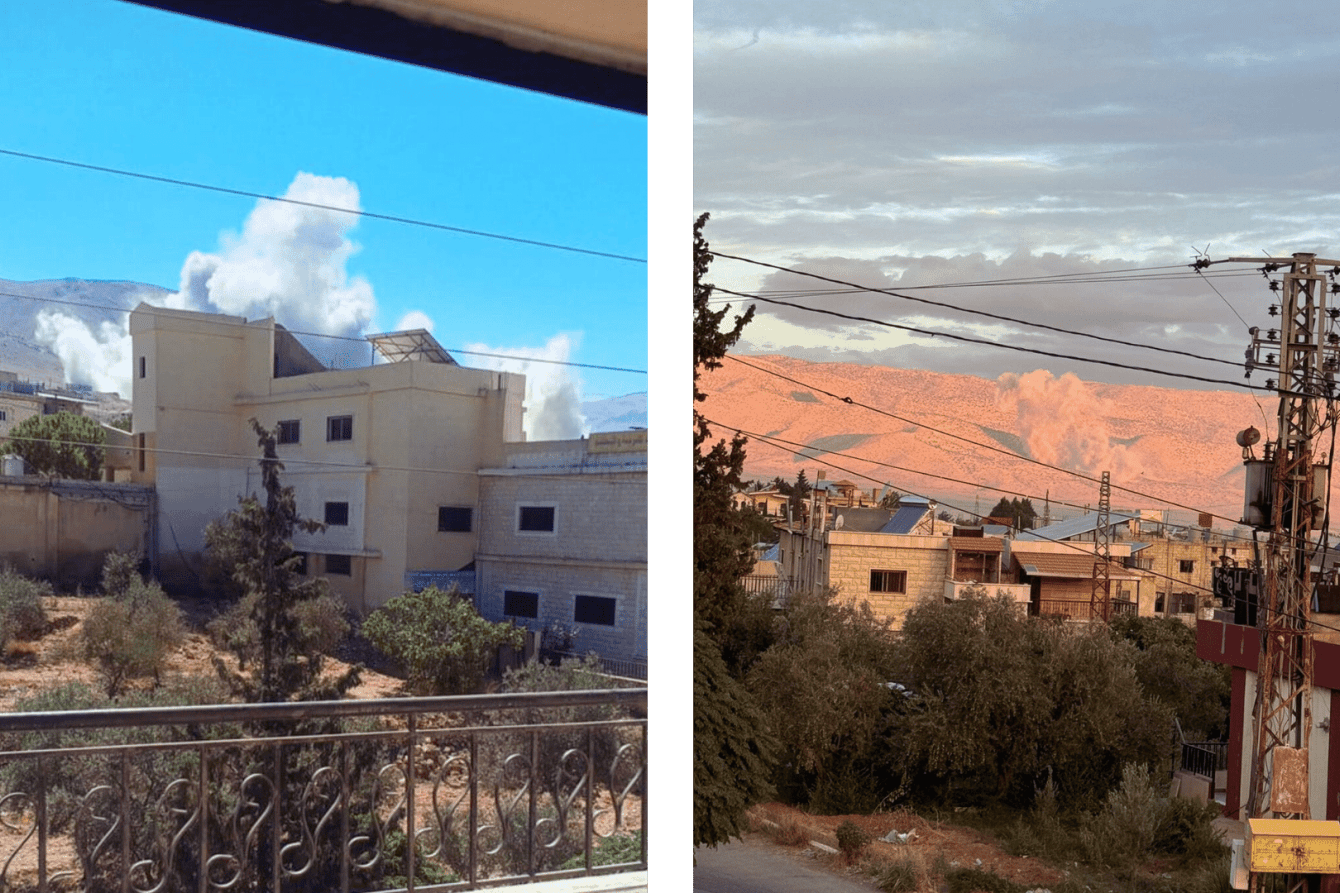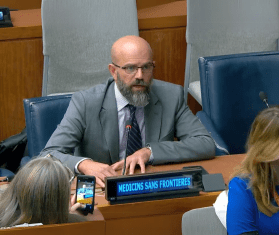NEW YORK/BEIRUT, September 26, 2024 — Doctors Without Borders/Médecins Sans Frontières (MSF) remains committed to providing aid to people in Lebanon as the conflict with Israel continues to escalate and people's medical and humanitarian needs grow.
"On Monday morning at 6:30 a.m. we woke up to powerful strikes on mountains and valleys, shelling villages from Baalbek to Hermel," said Maram Sukkariyeh, a health promotion supervisor with MSF. "All we could hear was the sound of ambulance sirens. We saw smoke with each strike, and the bombs were hitting very close to houses. The strikes in northern Bekaa have not stopped for three days now and the sounds of drones and jets never leave us."

According to Lebanon's disaster risk management unit, more than 104,000 people have been displaced by the recent conflict—often quickly and without necessities like medications. Many are traumatized from losing homes and loved ones, including MSF's own staff. In addition to medical support, people are in need of basic supplies like mattresses and hygiene products as the shelters and schools currently housing them were not prepared to accommodate so many people.
"People who left their homes need all kinds of support," Sukkariyeh said. "Everyone is scared and worried and no one knows where to seek safety. With every strike, people are losing their lives, including children. The future is unknown and deciding what to do is very difficult. Everyone seeks safety for their families and children."
To help fill some of the gaps, MSF teams are distributing supplies, running mobile health clinics, and stepping up mental health efforts. MSF mobile clinics recently visited two locations in Mount Lebanon where displaced people have taken shelter to provide medical and mental health consultations. MSF also donated essential items including mattresses, blankets, and hygiene kits to displaced people in eight sites in Saida and Tripoli. Additionally, after being forced to stop activities on September 23 due to the immense and sudden deterioration of the security situation, MSF reopened its clinic in Baalbek-Hermel to provide patients with much-needed medications for chronic conditions. Mental health helplines run by MSF are receiving over 60 calls a day from people experiencing rising mental health needs.

MSF is gravely concerned about Israel’s bombing campaign in Lebanon, much of which is taking place in densely populated urban areas. An immediate de-escalation of hostilities is critical to prevent further suffering, injury, and loss of life.
MSF is assessing people’s needs in order to scale up support and will continue to coordinate closely with partners and hospital networks as the situation develops.




